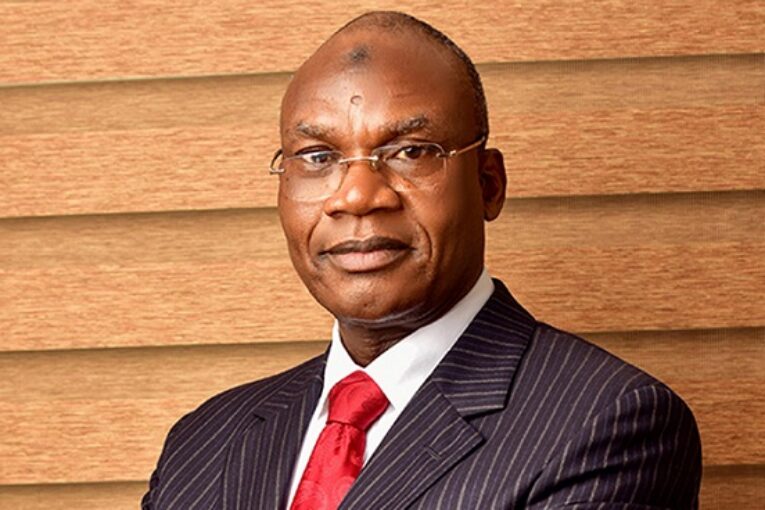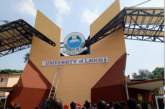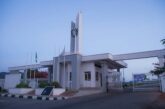
In a bid to shore up the standard of education in the country, the Teachers Registration Council of Nigeria (TRCN) has taken a hard stance on registration and licensing of teachers, but as the deadline expires, only about 50 per cent have complied,
For a job to be described as a profession, it must have its professional ethics, codes, and a body that regulates its activities. Over the years, the teaching profession has become an all-comers affair, and last resort for many who could not get their desired dream jobs.
Many attributed the lack of commitment and passion of some teachers to the low level of professionalism in teaching – unlike medicine, engineering, and law, which insist on specific qualifications before practise. But education allows all sorts into its fold.
Though the Federal and state Governments do not employ unqualified teachers, private schools do. While some practising teachers in private schools may be graduates, not all studied education. Also, anyone can establish schools without possessing requisite educational qualifications. Such schools, especially if serving low-income neighbourhoods, even employ secondary school leavers as teachers.
It was against the background that the Teachers Registration Council of Nigeria (TRCN) was established by an Act of parliament, under Decree 31 of 1993 constitution, which later became Act III of 2004, to regulate the teaching profession.
The council had raised the alarm that more than 70 per cent of those teaching in primary and secondary schools nationwide were not qualified to be in the classroom, and insisted that teachers must get certification.
TRCN Registrar and Chief Executive Officer, Prof Olusegun Ajiboye, lamented that most teachers, particularly those in private schools, do not have basic teaching qualifications, which is the National Certificate in Education (NCE), as stipulated by the National Policy on Education.
Ajiboye said it was better to rid the country of unqualified teachers even though there is a high teacher deficit. According to him, a total of 250,000 teachers must be employed annually in the country to address the shortfall of teachers at basic and secondary school levels.
To be licensed, a teacher must first possess the requisite educational teaching qualifications. They are – the NCE, which is the minimum qualification for primary and junior secondary school teachers; the Bachelor of Education (B.Ed); the Postgraduate Diploma in Education (PGDE); Masters in Education (M.Ed); or Doctor of Philosophy (Ph.D). With any of these, the teacher can apply to the TRCN to write the Professional Qualifying Examination (PQE). The examination is written in June and October.
The cost of the examination depends on the category of qualification. While teachers with Ph.D in Education pay N10,000; those with the M.Ed pay N8,000; B.Ed/B.SC and PGDE/HND and PGDE holders pay N7,000; while the NCE pay N6,500 for registration and study pack.
Ajiboye said the qualifying examination, which tests Basic Mathematics, Use of English, Educational psychology, Sociology, Statistics, research questions, teaching methodology and general knowledge, helps to determine the competence level of teachers.
He explained that the certification is to make teachers relevant in the 21st Century technology world, noting that the country needs technologically savvy teachers to cope with developments in the sector and achieve her potential.
So far, he said out of the over four million teachers in the country, about 2.3 million have registered with the council, but many of those in private schools are not yet registered.
According to him, 83 per cent of the registered teachers are in public schools, while at the private school level, less than 50 per cent of the teachers have actually registered.
“We have about 2.3 million teachers registered with TRCN, but the figure is still extremely low. We cannot achieve the expected quality education without competent teachers and school administrators, well equipped with the desirable knowledge, skills and effective operations of the education system.
“No country will allow just anybody to stand as a teacher in the classroom, when such a person is not qualified; it is important that teachers are registered and licensed by the appropriate professional body.
-Guardian




